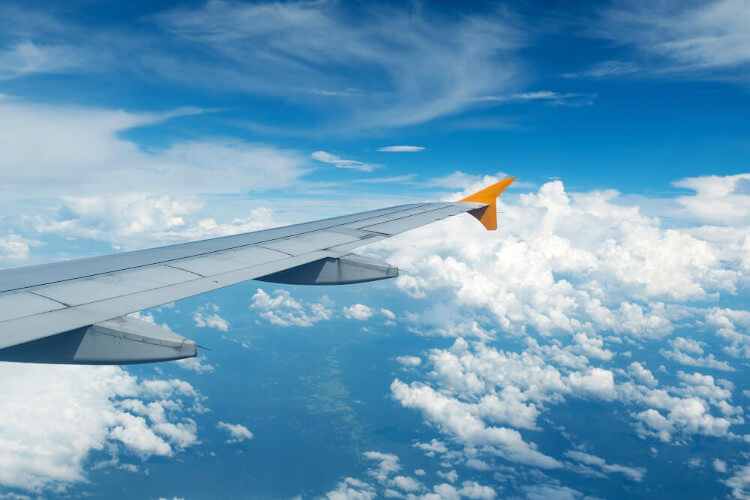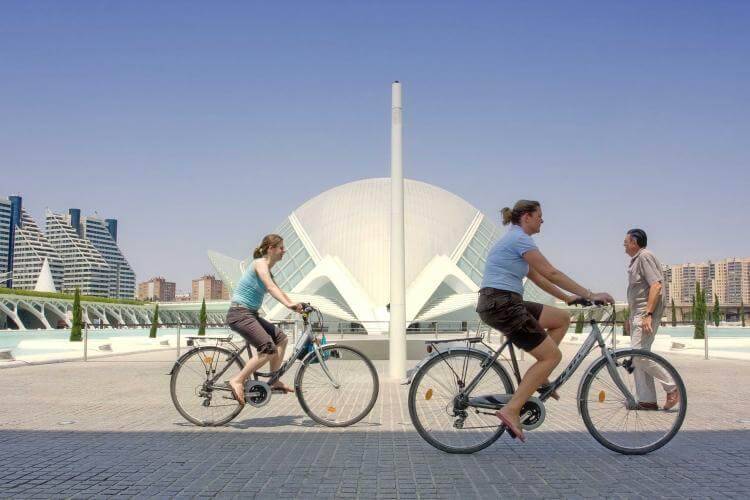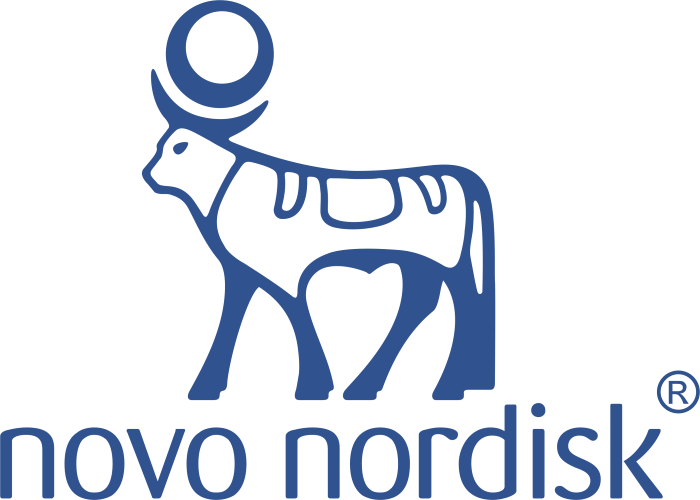Transport
Getting to Valencia
- By plane: Valencia airport is about 12 km from the conference venue. It has direct flights from many European countries. Although some flights are not available daily, connecting flights from Madrid, Barcelona or Mallorca airports are less than one hour.
You can reach the city centre from the airport by taxi or by metro. Further information
- Taxis takes about 20 minutes to the city centre and cost about 20-25€.
- Underground service line 3 (red) and line 5 (green) from the airport to city centre stations (Xativa and Colón) depart every 10 minutes. Single fare to/from city centre: 2,80€ (+1€ card cost). Approximate journey time: 30 minutes. For further information on getting around with Metro Valencia. Further information
- By train: There are frequent and comfortable trains from Madrid and Barcelona. The high-speed AVE train connects Madrid-Valencia in 1 hour and 35 minutes. For information on timetable and fares visit www.renfe.com
- By bus: There are also comfortable bus connections with Madrid, Barcelona and other national and international cities, arriving at Valencia Bus Station.
• By car: There are two major motorways leading to Valencia, one from Madrid (A-3) and another from Barcelona and France (AP-7).


Getting around
There is an extensive, low-cost public transport network covering the city and its surrounding areas, including bus, underground and tram. Taxis and bike hire are also widely available. There are different tickets and fares available:
Valencia Tourist Card: Unlimited travel by metro, bus and regional trains for 24h (15€), 48h (20€) or 72h (25€), plus free entry to museums and discounts on many attractions, shops and services. Available at Tourist Information offices and online. Further information and reservations.
SUMA Card: A rechargeable card (cost of the card 1€) that can be topped up with different passes to travel by metro, bus, Metrobus or regional trains, or a combination of these (one change allowed per journey). A 10-trip pass costs between 8€ and 20€ depending on travel zones. There are also passes that provide unlimited travel for 24, 48 or 72h, as well as monthly passes. Further information
Bus: Single ticket (on the bus) for 1,50€. Further information
Metro: Single ticket fare from 1,50€ to 4,80€ depending on the route.
Taxis: Cabs are not expensive but there is a minimum fare of 4,90€ during daytime and 6€ after 22:00. Prices may vary for the summer period. You can get taxis at designated taxi stands, hail them on the street, or ask the hotel reception desk to call one for you.
Bike: Valencia has a flat terrain, plus 168 kilometres of cycle lanes and 40 bike-friendly streets in the historic centre, which have a speed limit of 30 kilometres an hour. Cycling is a great way to explore the city and reach attractions such as the City of Arts and Sciences, the Albufera Natural Park or the beaches. You can find details of a recommended cycle route around the city here.
Several companies offer bike hire by the hour or by the day, or you can use the public bike rental service Valenbisi, which has 300 stations throughout the city. There are also guided bike tours of the city. Further information.
Walking: Valencia is a safe and compact city and exploring it on foot is both easy and very enjoyable, thanks to its pleasant climate and the abundance of pedestrianised areas, squares and gardens. There are different guided walking tours around the city which you can book here.
The tourist office can provide maps or you can find more information using online maps and brochures or downloading the city app.
Getting around
There is an extensive, low-cost public transport network covering the city and its surrounding areas, including bus, underground and tram. Taxis and bike hire are also widely available. There are different tickets and fares available:
Valencia Tourist Card: Unlimited travel by metro, bus and regional trains for 24h (15€), 48h (20€) or 72h (25€), plus free entry to museums and discounts on many attractions, shops and services. Available at Tourist Information offices and online. Further information and reservations.
SUMA Card: A rechargeable card (cost of the card 1€) that can be topped up with different passes to travel by metro, bus, Metrobus or regional trains, or a combination of these (one change allowed per journey). A 10-trip pass costs between 8€ and 20€ depending on travel zones. There are also passes that provide unlimited travel for 24, 48 or 72h, as well as monthly passes. Further information
Bus: Single ticket (on the bus) for 1,50€. Further information
Metro: Single ticket fare from 1,50€ to 4,80€ depending on the route.
Taxis: Cabs are not expensive but there is a minimum fare of 4,90€ during daytime and 6€ after 22:00. Prices may vary for the summer period. You can get taxis at designated taxi stands, hail them on the street, or ask the hotel reception desk to call one for you.
Bike: Valencia has a flat terrain, plus 168 kilometres of cycle lanes and 40 bike-friendly streets in the historic centre, which have a speed limit of 30 kilometres an hour. Cycling is a great way to explore the city and reach attractions such as the City of Arts and Sciences, the Albufera Natural Park or the beaches. You can find details of a recommended cycle route around the city here.
Several companies offer bike hire by the hour or by the day, or you can use the public bike rental service Valenbisi, which has 300 stations throughout the city. There are also guided bike tours of the city. Further information.
Walking: Valencia is a safe and compact city and exploring it on foot is both easy and very enjoyable, thanks to its pleasant climate and the abundance of pedestrianised areas, squares and gardens. There are different guided walking tours around the city which you can book here.
The tourist office can provide maps or you can find more information using online maps and brochures or downloading the city app.












































